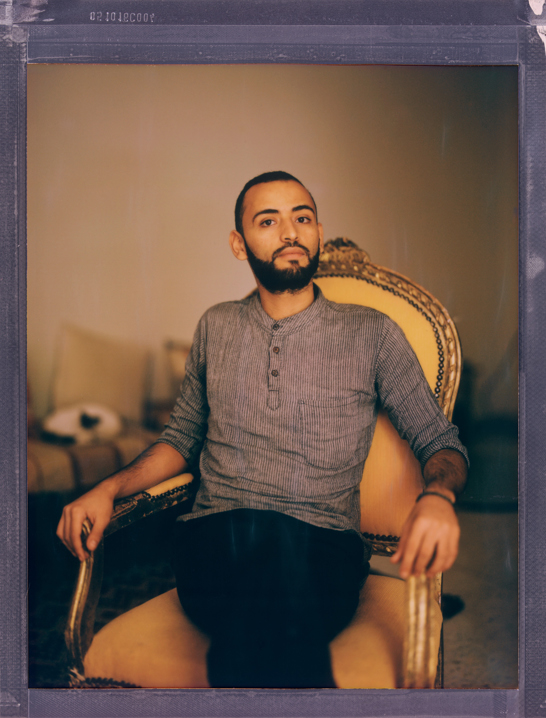Rzouga / Tunisia
“As a gay person I’ve always been afraid of going to jail. But it’s ok, I’ve growing so much and things are changing so fast now I’m aware of my rights and I can defend myself and be part of the change and advocate for equal rights. As a human being I’ve always failed in finding the ‘one person’ that I can call soul mates because of the cultural restriction and the backwards traditions that doesn’t tolerate love in a different way but it’s ok I feel the love among family friends and country love, but as a non binary gender queer person I’ve never been able to express my gender identity the way I want because I may be called ‘faggot’ ‘sissy’ ‘pervert’ and a lot of other terms.
In this case I can’t say it’s okey I can’t find a solution because if I express it with confidence the insults may stop but the the action, the violence may come and that will risk me a lot.”




